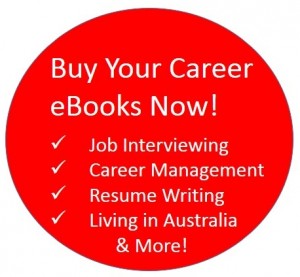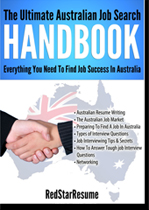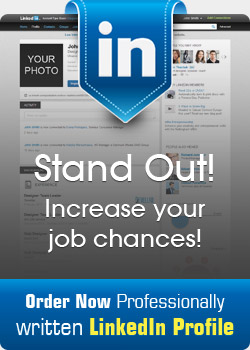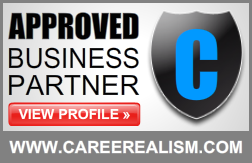By Nisa Chitakasem, Co-founder Career Change Specialist Position Ignition Ltd
Creating an ending and making a shift isn’t always easy. Why? We’re used to the routine we have and the way things are. Change is scary, it’s unknown, it’s different and we have no guarantees of success. We can remain in one place due to fear of change. It requires us to take a leap of faith before we can reach a different destination and way of being. A career change is significant but it can also be life changing in a great way. Here are some key tips on overcoming your fear:
1. Acknowledgement
The first thing to do is to acknowledge your inner fear instead of ignoring it. This is the first step to dealing with it. There’s no shame in admitting that we’re scared, however old and ‘battle-worn’ we are.
2. Gain Clarity
We know that the next step is about being clear and that you’ve decided to end your old life. You need to be totally clear about what you want to do next. Otherwise the leap feels like a very huge one. It’s a leap of faith and a jump into the darkness if you aren’t clear about where you are going. However, when you have that clarity you will have reached the point at which the courage to take the leap doesn’t seem like a big step at all. It becomes a more obvious step. Something you want to do. Something you have to do. For many, it is when and how people recognise they’re in the wrong place in their life and in their work.
3. Understand that Mistakes are Normal
Even if you make mistakes, or don’t do something in the job application process that you should have, it’s not the end of the world. Learn from mistakes and remember that you’re still evolving as a human, never mind as a job seeker, whatever your age. If you’re frightened of moving forward, you’ll never move forward!
4. Forget about Other People
Perhaps you’re scared of what others will think of you if you change careers ‘at your age’. Do what’s right for you instead of being put off by what you imagine people’s opinions to be. It’s unlikely that anyone will think a mid-life career change is strange, given the increasing fluidity of today’s labour market.
We know such a small minority of people who are clear about what they want to do early in their life. For those of us in the majority, it’s hard work to get to that point. Some people never get there. Funnily enough, when you do get clear, courage doesn’t come into it because you feel energised and your intention is so clear, it doesn’t feel courageous at all. It’s natural and it’s the right thing to do. Explore, experiment, get clear and then when you are ready take that jump and make that shift into new ground – the right new ground for you.
Author: Nisa Chitakasem is the co-founder of career consulting firm www.positionignition.com. He specialises in supporting individuals through key career transitions including making a career change, finding a fulfilling role and shaping personal life and career plans.
Time for an Interview?
Interview Questions Interview Samples Interview Tips and Advice






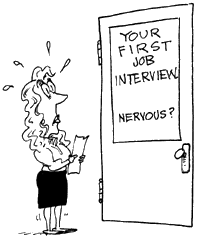 Have you ever sat in a
Have you ever sat in a 











